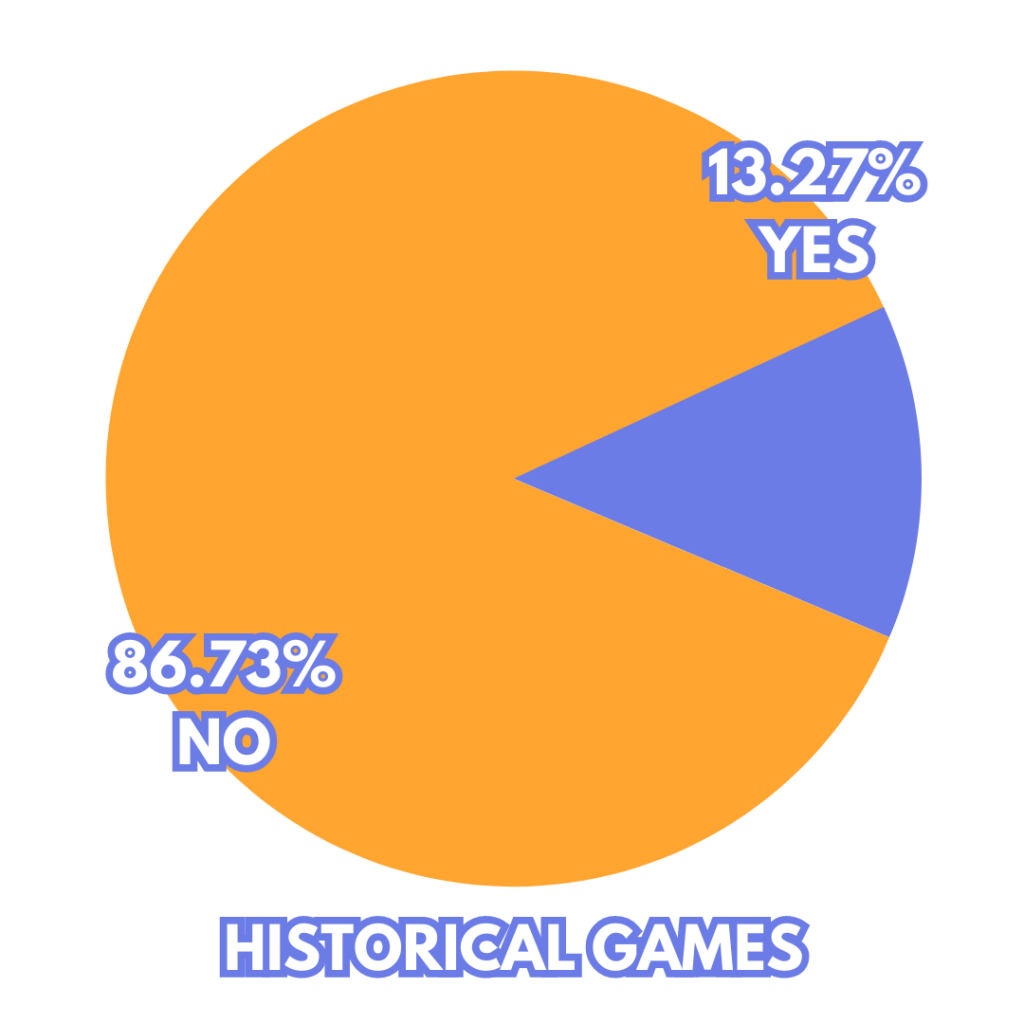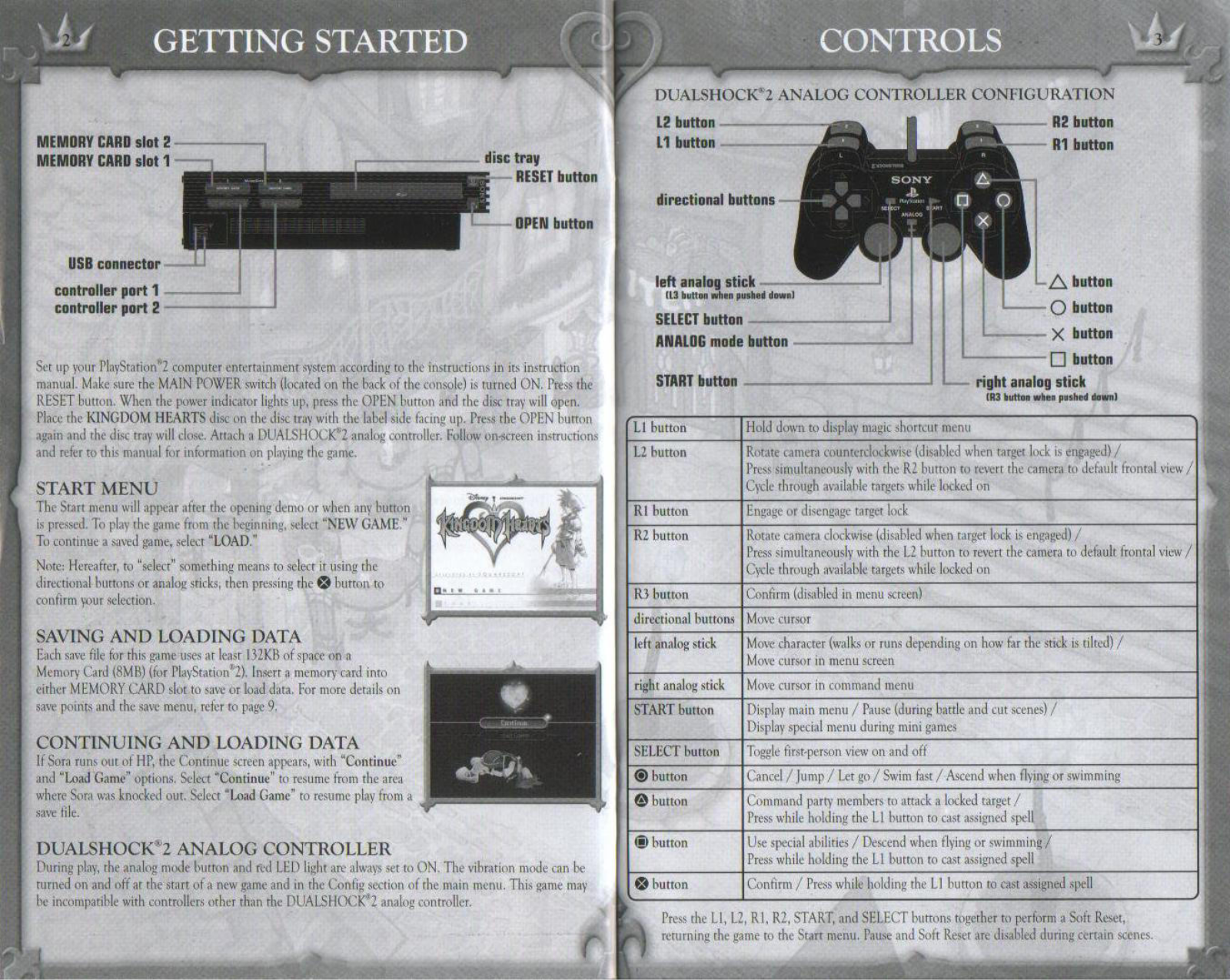- Pronouns
- He/They

a genuinely dire situation being reported here. especially compared to other industries.
- 87% of classic games are not in release, and are considered critically endangered
- Availability is low across every platform and time period tracked in the study
- Libraries and archives can digitally preserve, but not digitally share video games, and can provide on-premises access only
- Libraries and archives are allowed to digitally share other media types, such as books, film, and audio, and are not restricted to on-premises access
- The Entertainment Software Association, the video game industry’s lobbying group, has consistently fought against expanding video game preservation within libraries and archives
as Frank Cifaldi noted in a GDC talk (the same one that falsely claimed Nintendo "downloaded roms off the internet" for Virtual Console, but please keep in mind that's just a minor mistake which overshadowed the rest of it.) several years ago. films don't require the same amount of attention to bring over to other platforms. just a simple video file is enough.
but games require a large amount of reprogramming to get ported over, even if you're merely using emulation.
as noted, unofficial means have always been an option. but you're generally losing out on important historical context which isn't always going to leave the development studio and end up in the hands of researchers. unreleased revisions, concept art, and direct discussions from the original developers.
a blend of both choices will always be the ideal path forward when it comes to preserving gaming history.
Last edited:






